Specialists from the BIM 2050 group offer a vision of the future in 2050. In particular, what innovative technology of construction will exist, how future professionals will be teach.
75% of the nearest future innovations are still to be invented. Problems that will have to be solved are not yet known. Members of the BIM 2050 group emphasize that education, skills and abilities should be the foundation. Therefore, they invited professionals and workers to move beyond traditional training courses. How to prepare future specialists for implementing high-tech construction?
We’ll tell you about the main trends predicted by the BIM 2050 group:
- continuous education
Future experts should have additional knowledge. This will help them fulfil their tasks better. Consequently, a new generation of construction professionals will learn throughout their life. They will be able to correctly apply data from different sources.
- innovative education
The views on innovative education will be based on consolidation, cultural integration and adaptation to advanced technological processes.
- disturbance professions
Construction will become more precise, therefore, it will require intellectual skills. Modular construction will reduce the need for physical labour, and hence labour force. Thus, the skills of these specialists should be flexible and related to scientific knowledge.
- adaptation
Companies need to adapt quickly to radical changes and ask themselves: «Do I develop sufficiently fast enough to implement new, complex adaptations?»
- growth of unemployment
It is forecasted that the need for labour force will be reduced by at least 50%. Instead, there is a growing need for digital design and information management.
- consolidation
It involves merging designers, builders and customers into one network.
- the Space tourism
Construction on other planets. Are you ready for this?
- the new laws
The laws of physics for calculating power will also change, and new quantum ones will appear.
- supply market changed.
Buying materials will be carried out instantly. This will change the paradigm of buying building materials and partnerships between suppliers. New forms of contracts and insurance will be required.
Rapid changes in the new technologies will change the course of innovative movements. The development of culture will enable a digital integration approach and have a positive impact on the environment.

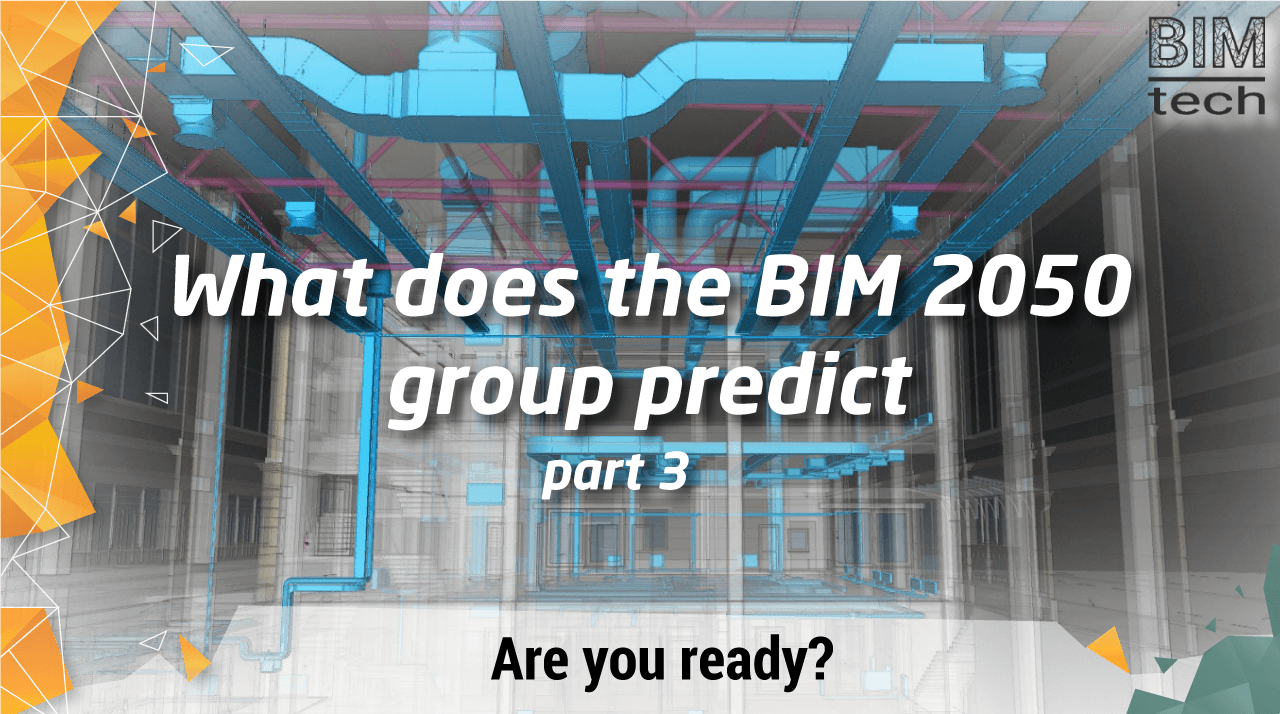
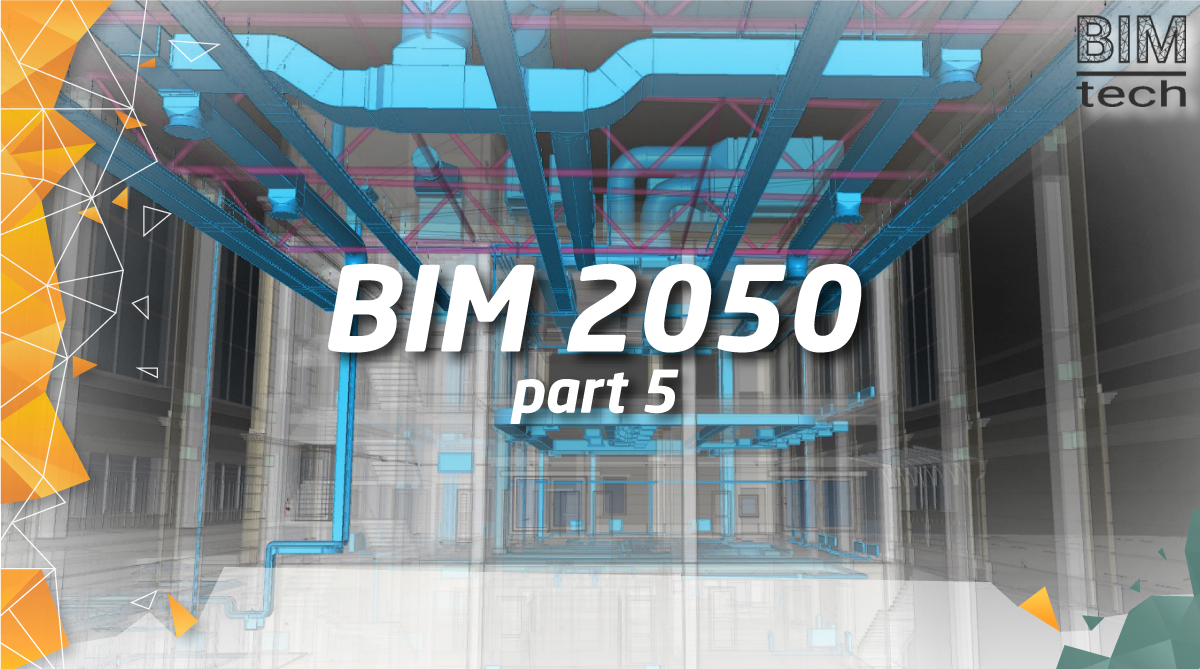
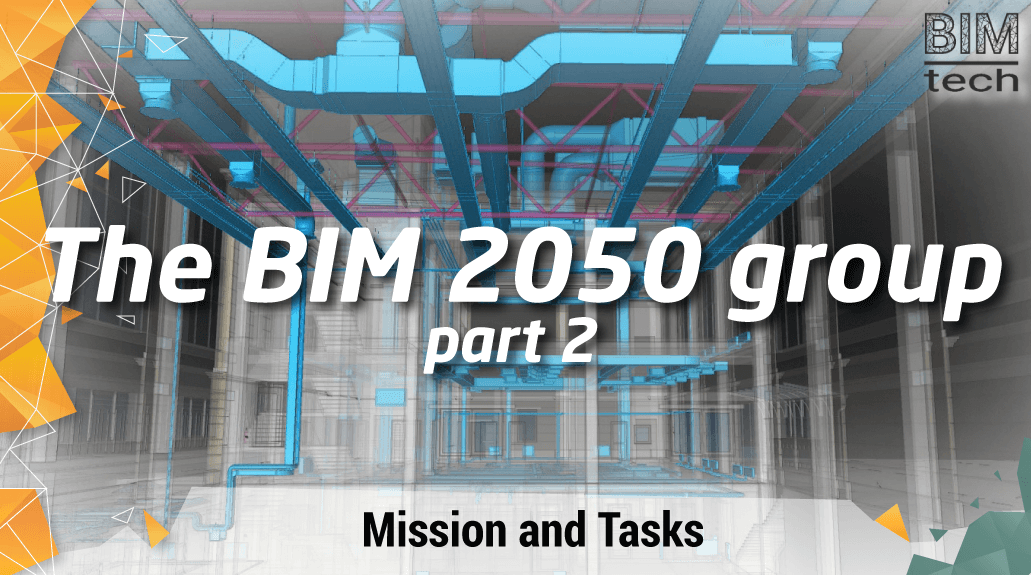
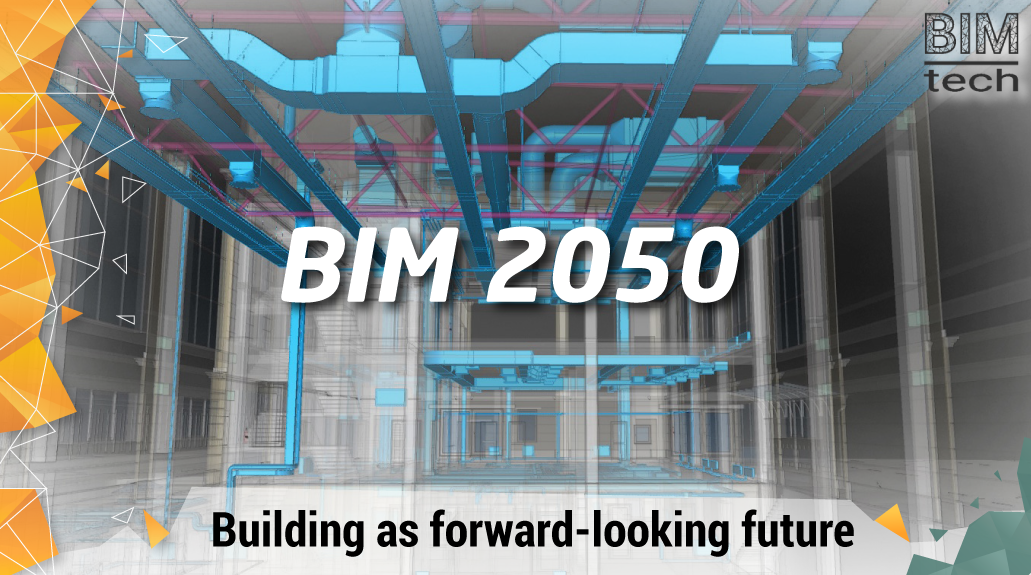
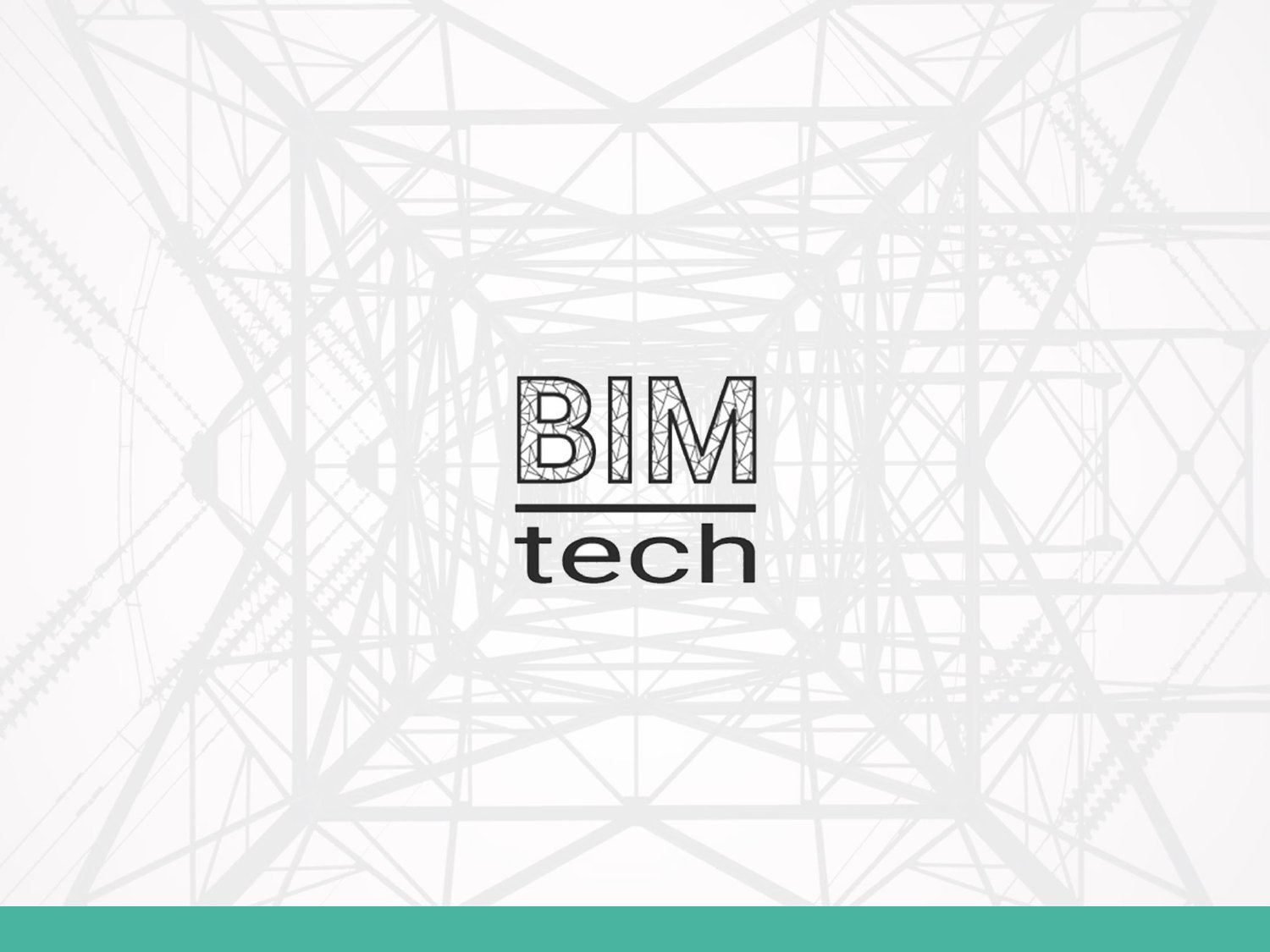
Leave a Reply